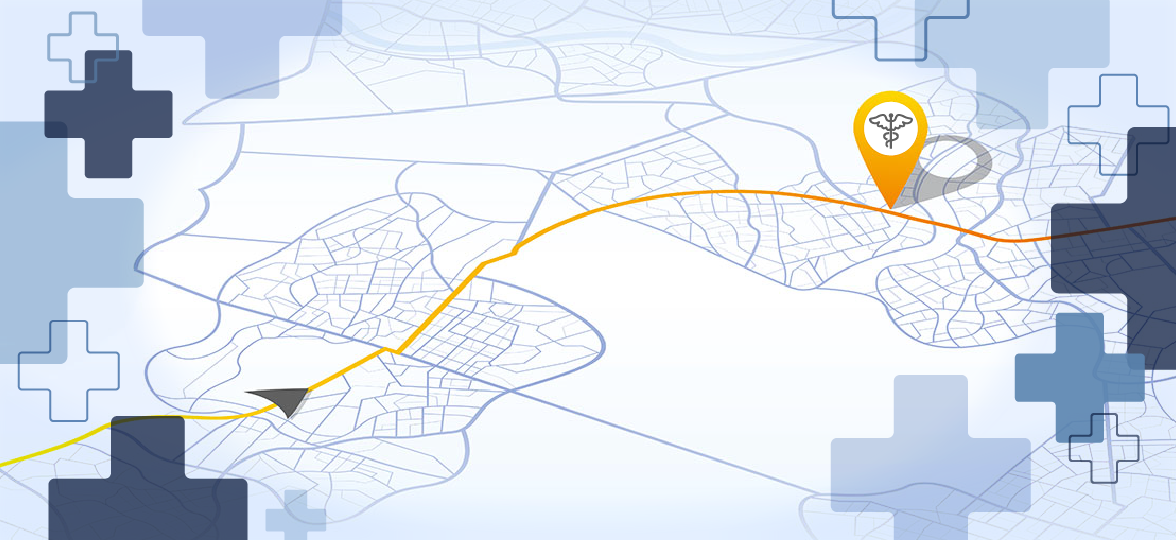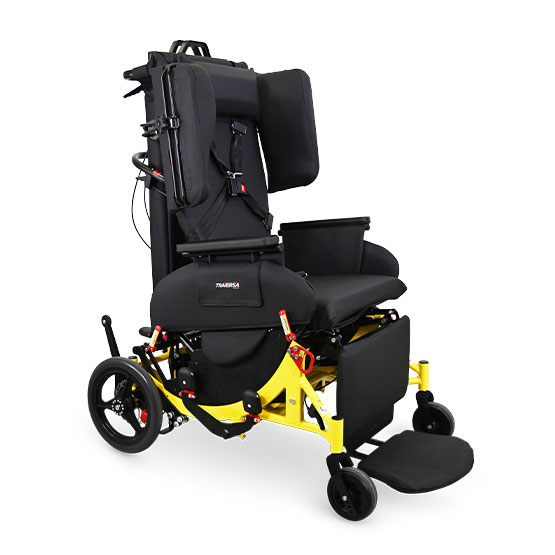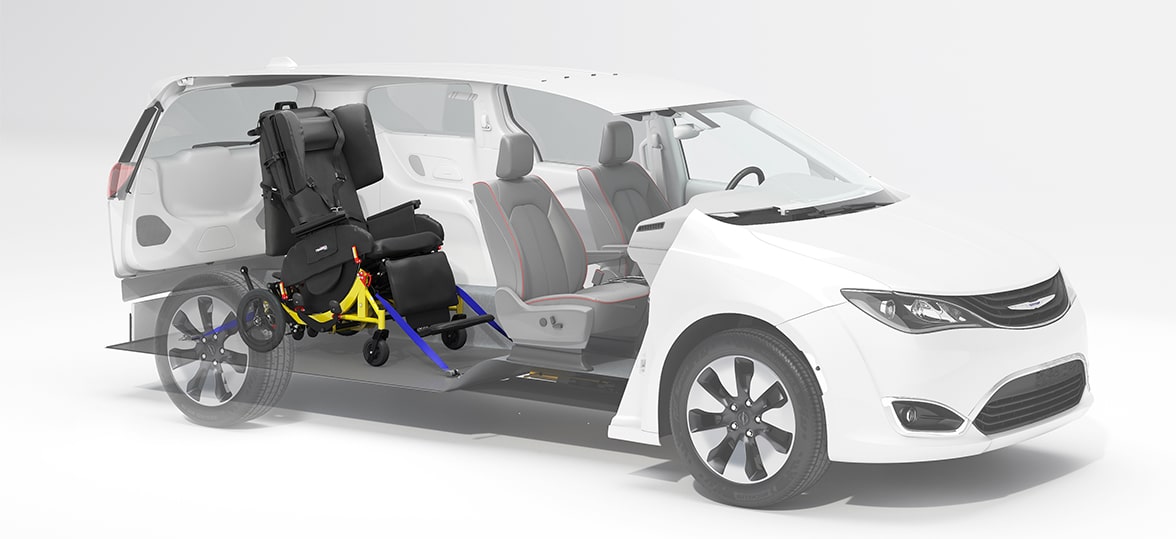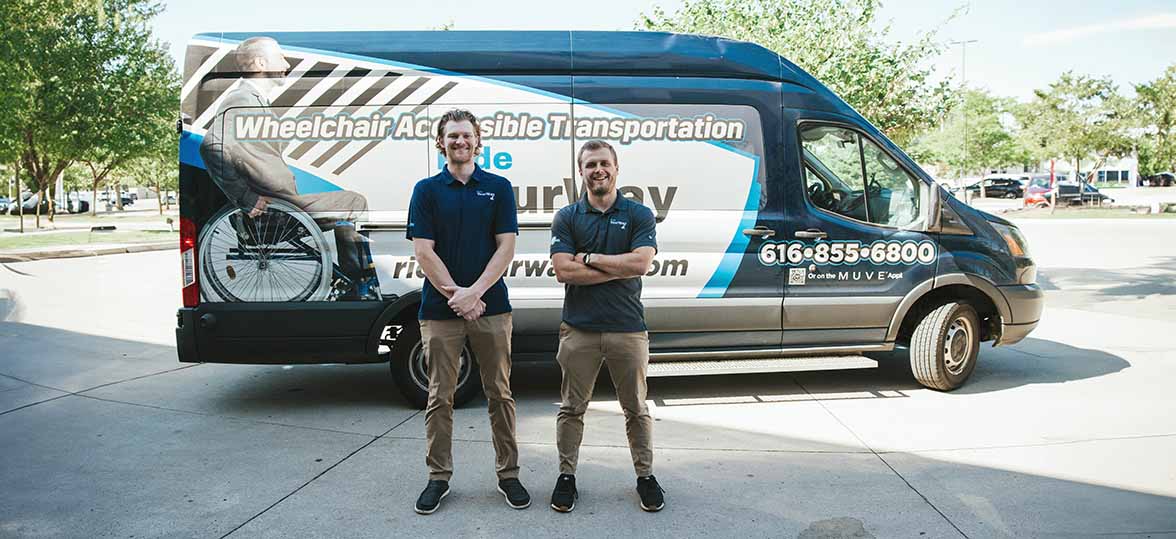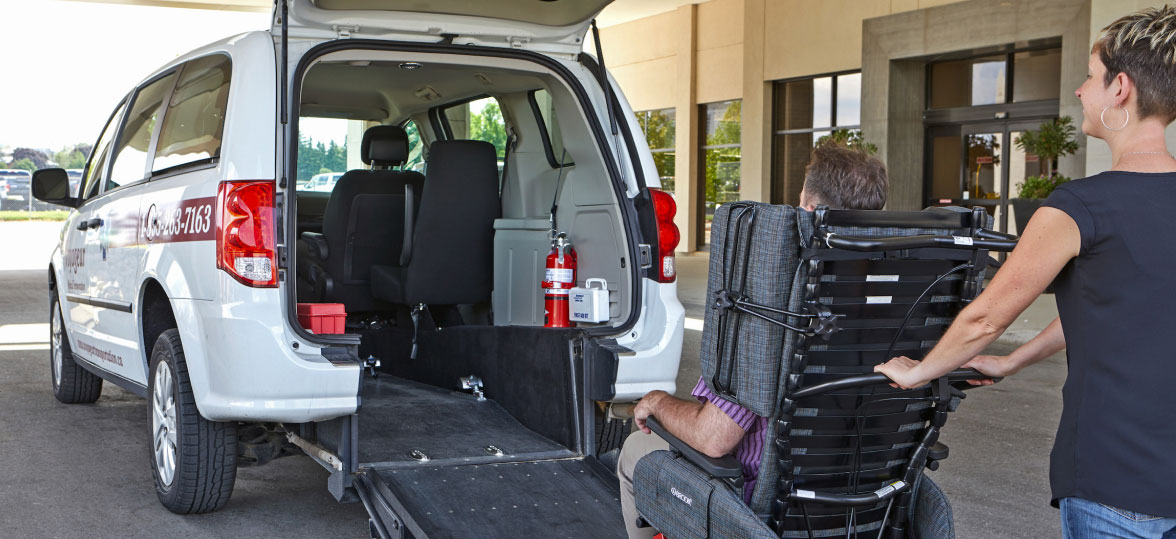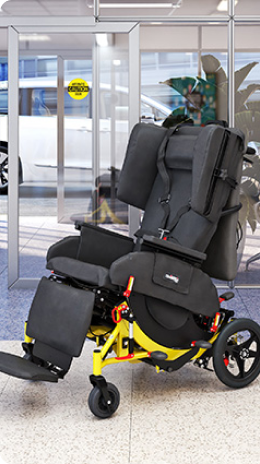For patients with mobility needs, various types of non-emergency medical transportation (NEMT) are an essential element to healthcare. NEMT services help bridge a much-needed gap and ensure access to medical services for millions of Americans facing a lack of transportation options.
Individuals with different medical conditions have unique transportation needs, and not all NEMT service options are capable of serving every patient. Below, we’ll discuss ten types of non-emergency medical transportation and how they serve patients’ distinct and varied health challenges across the country.
Understanding NEMT Services
It’s easy to take transportation services for granted. With ride-hailing solutions stretched across virtually every city, many people don’t even realize the difficulties some people face.

The truth is, NEMT services are vital to healthcare for several reasons:
- Ensuring millions of Americans have access to healthcare despite their lack of access to transportation
- Improving health outcomes, especially for those facing chronic conditions
- Promoting health equity by ensuring one’s socioeconomic status doesn’t prevent individuals from seeking care
- Empowering patients with a sense of independence
- Accommodating specific patient care needs
- Ensuring patient safety by requiring driver certifications and training
NEMT services enable patients to commit to courses of treatment that require frequent doctor visits, ongoing procedures, or preventative care. Because of this, the availability of numerous types of non-emergency medical transportation helps reduce the cost of emergency healthcare services and hospitalization. NEMT provides what’s known as “value-centered care” by improving health outcomes and efficiencies while reducing costs.

Why Accommodate Different Types of NEMT?
The availability of a wide variety of NEMT services is essential to improved healthcare. Different types of medical transportation serve the specialized needs of patients and follow the principles of person-centered care. This provides patients with a sense of autonomy and empowerment that improves their overall mental well-being.
Some patients are capable of walking over a short distance, while others may require a wheelchair or stretcher. Matching the appropriate level of service to a patient’s needs circumvents the lack of availability of expensive mobility equipment for individuals with chronic illnesses and specific needs. The combination of person-centered care and value-centered care means improved inclusive experiences and outcomes and reduced medical expenses in the long run.
10 Types of Non-Emergency Medical Services
NEMT services vary based on unique patient needs, different types of appointments, and the diverse accommodations for each individual’s physical or cognitive challenges. The following ten distinct, specialized NEMT services are integral to effective healthcare.

1. Ambulatory Transportation
Ambulatory transportation is one of the most common types of NEMT. This model provides transportation for passengers who need minimal assistance but cannot drive themselves. It is the most basic NEMT service, requiring minimal specialized equipment and training.
Ambulatory NEMT services provide reliable mobility for medical appointments for patients who require transportation and require minimal physical assistance. Ambulatory transport is best for people who have vision problems, are taking certain medications forbidding them to drive, are cognitively impaired, do not own a vehicle, can’t find a ride with friends or family, or cannot afford a taxi or rideshare option.
Ambulatory services are one of the best ways to enter the NEMT industry as a new service provider. Many new companies even perform these transports with a personal vehicle until they are ready to invest in a wheelchair-accessible van.
2. Wheelchair Transportation
Wheelchair transportation provides safe accommodations for passengers with significant mobility limitations. This service typically requires larger vehicles, like a modified van or minibus. These vehicles are usually equipped with wheelchair lifts or ramps and a secure anchoring system.
Drivers must be trained to operate the lift equipment and properly secure the wheelchair. Since wheelchair patients may have permanent or temporary disabilities, NEMT drivers and assistants need to be able to help accommodate a variety of diagnoses. This may include people with spinal cord injuries, multiple sclerosis, or those suffering injuries or recuperating from surgery.
Wheelchair trips are much more expensive than ambulatory trips, so if you’re on board with obtaining the necessary vehicles and equipment, this is a profitable service line to offer.

3. Stretcher Transportation
NEMT operators focused on stretcher transportation provide safe mobility for patients who are unable to sit upright in transit. Passengers lay down flat, fully-reclined. Stretchers accommodate individuals who are recovering from major surgery, have chronic conditions that prevent them from sitting upright, hospice patients, and anyone who generally needs to remain safely secured in place while in a reclined position.
These vehicles require lots of space and installed systems to properly secure the stretcher. They are typically operated by two individuals who are trained to ensure safe loading and unloading.
Stretchers are very expensive, making them a costly investment for your business. Consider stretcher alternatives like the Traversa Transport Wheelchair to accommodate these passengers.
4. Bariatric Transportation
Bariatric transportation is a specialized NEMT service designed to safely and comfortably transport individuals with obesity or those requiring extra space and support during transit. These services use vehicles equipped with reinforced, wider stretchers or wheelchairs with higher weight capacities.
This NEMT service provides transport to individuals with obesity and those who require extra space and support. NEMTs specializing in bariatric services focus on dignity and comfort for larger patients. Staff should be trained in safe lifting techniques and sensitive patient interaction.

5. Pediatric Transportation
Pediatric transportation is a specialized NEMT service that centers around equipping vehicles with age-appropriate safety gear. This could include car seats, booster seats, child safety belt harnesses, safety lock functions on passenger doors, and similar features.
An NEMT service tailored to children’s needs could feature decor with cartoon characters or other interior design elements to make young passengers feel comfortable and reduce their fears surrounding a medical need. Installing entertainment systems and offering toys can help take their mind off of discomfort or pain.
This NEMT service benefits from drivers and attendants trained in child safety and their specific needs connected to pediatric care.
6. Mental Health Transportation
NEMT for mental health patients can involve providing rides for therapy sessions or to psychiatric facilities. Because of the wide range of potential conditions patients may be experiencing, specializing in this NEMT service requires training in mental health first aid and de-escalation techniques.
Patients could be experiencing anxiety, depression, bipolar disorder, and other disorders, so it’s important for drivers and other assistants to be sensitive and aware of any behavioral changes during transport and to be sensitive in providing a safe and comfortable ride.
Mental health NEMT services may also wish to consider safety features, such as buckle covers, which help secure patients with alzheimer’s, dementia, or behavioral disorders.

7. Dialysis Transportation
Dialysis patients must receive continuous treatment for kidney failure and related conditions. Individuals with end-stage renal disease require hemodialysis or peritoneal dialysis treatments, and making every appointment is a matter of life and death. Therefore, consistency and reliability are key to offering NEMT service for dialysis patients.
8. Oncology Transportation
Oncology transportation is designed around the unique needs of cancer patients undergoing treatment. Comfort is a primary focus for these passengers, so vehicles are equipped with comfortable seating and should make it easy to adjust temperature and other features. These patients may be experiencing discomfort from the side effects of chemotherapy or radiation therapy.
Drivers should be trained to understand the unique needs of cancer patients and should also be able to accommodate companions or caregivers.

9. Group Transportation
An NEMT service designed to provide transportation for groups can facilitate patients who are all traveling to the same medical facility, or multiple individuals who are all near the same facility. Running this type of NEMT service requires well-organized scheduling to manage multiple pickup times.
An NEMT specializing in group pickups might accommodate numerous patients with dialysis treatments at the same facility, or they may all live in an assisted living facility or retirement community.
10. Long-Distance Medical Transportation
Some unique circumstances require long-distance medical care. NEMT services specializing in long-distance travel should accommodate patients needing comfort and amenities like reclining seats and medical equipment for monitoring patients in transit.
Long-distance NEMTs could care for patients participating in clinical trials at research hospitals, requiring an organ transplant, or being too ill for a commercial flight or train.
For long-distance transports, the seating options are of primary importance. Consider the Traversa Transport Wheelchair for its superior comfort and seating position adjustability. Passengers can ride tilted, reclined, or any combination of the two.

Improve Your NEMT services with the Traversa
The Traversa Transport Wheelchair is designed to maximize your ability to provide specialized NEMT services by accommodating a wide range of passenger needs, from those who need to sit upright to those who need to lay completely flat. Being able to serve wheelchair and stretcher patients with the same vehicle and same chair makes it possible for you to fill a void in your community, while managing multiple daily trips.
For bariatric cases, the Traversa can support up to 450 lbs while being fully adjustable to provide comfort and safety to different-sized individuals. Because it is easy to adjust and maneuver, transport using the Traversa only requires one driver/operator.
Provide your passengers with the highest level of comfort and care with the Traversa. Get in touch with us today.
